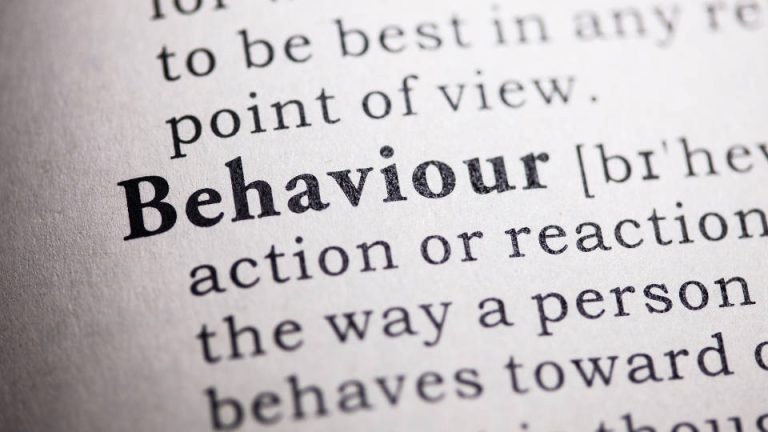Towards a science of Subjectivity?
A question that Dr Murray Bowen posited to Neuroscientist Paul MacLean. https://jamanetwork.com/journals/archneurpsyc/article-abstract/651926.
Human behaviour is as intriguing as the cells in our body. What we say and do are two entirely different things; similarly, the cells react to the intrusion of the virus and bacteria or the shift in the internal/external environment.
The human brain and body live in this subjective environment.
There is no judgment to it, but the subjectivity of dealing with an emotional system we are a part of.
How does this subjectivity take hold of us? How do we stop showing up in our relationships? What gets in the way of saying and doing?
A way to answer these questions:
Our learning grounds are where we are born or otherwise. The sensitivities and patterns we are born into or otherwise learn are survival patterns. Survival that does not know good from bad. This is the emotional system, and it keeps adding more and more people to it. And our brains live in this emotional system.
In this blog, I will share my thoughts on how individuals work in a work environment.
For instance, in an office where the problem is basically between the boss and the next boss, individuals from the administration will judge who is at fault, choose one and side with that boss, and discipline the other.
Let me relate it to a relationship: two people are unhappy or in conflict. The one most affected by this conflict will discuss it with the other.
These two individuals will form an alliance and try to discipline the other. For instance, the husband is unhappy with his wife, and he talks about it with his mother. The husband and his mother will ally and discipline the wife by distancing or being told to do something about it. Or the husband has an affair. (adding another person to the mix)
The same individual (husband), the boss, and his colleague, the next boss, have a conflict. The same pattern will play out: the boss will complain about the colleague in passing to one of the admin people to whom the boss is close. This admin person will add another individual to this dislike that the boss shared. And in no time, a team will side with the boss who complained. They will judge the one at fault and want to discipline the other individual.
The disciplined one will be either sent for training programs or psychotherapy; the other way of managing it is by adding another person.
Another way this could play out is to add a new person (recruit). The added person takes out the misfit one. In this case, the family or the organization believes the problem has been dealt with by either taking out or through psychotherapy, and the problem is dissipated. However, the tension has not dissipated because it has moved elsewhere. The emotional system keeps adding more and more people.
I will take the same example in my next blog and explain another pattern. I would want the readers to comment about what they could understand from this blog.
Thank you for taking the time to read this blog.







